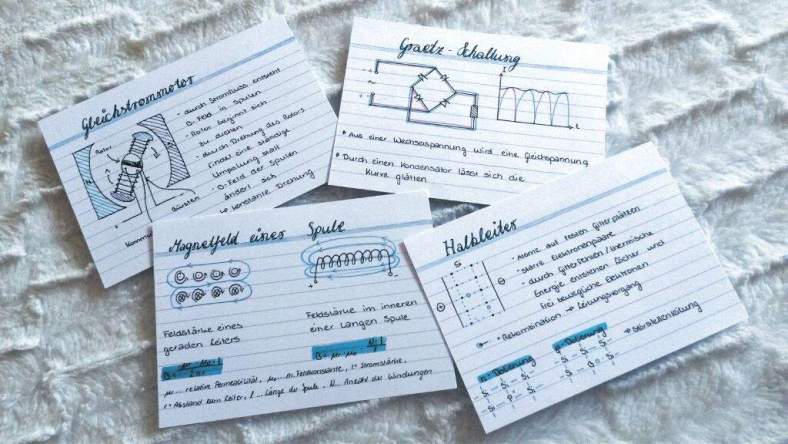Useful tips and amazing study techniques that will change your life.
“Intellectual growth should commence at birth and cease only at death.” - Albert Einstein

1) Lower you expectations in the beginning
The most common mistake of effective study beginners is the impression that after reading few tips they have become masters learners capable of superhuman performance. Pushing yourself to the limit and setting unreachable goals can be not just unhleathy, but also very demotivating and can lead to burnout and feeling that no matter how hard you try, you are not good enough.
That's why starting with small steps is allways better and in the course of time, you will be able to do much more. Don't forget that it should bring you joy and not suffering.
2) Be consistent and make it a habit
If you are serious about becoming an expert in some area, you need to devote a lot of your time to it. But learning a ton of information at one go is not a way to go. Much better option is to learn smaller parts every day which, if you are consistent, will definitely lead to better results.
3) Learn actively
Active learning is any learning activity in which you participate or interact with the learning process, as opposed to passively taking in the information. When given the opportunity to actively engage with the information they're learning, students perform better. Because the best way to learn something is by doing it.
4) Use mnemonics
The easiest way to remember something is to interconnect it with something you already know. The second easiest way is connecting it to something that is easy to remember, funny and unusual. The more funny or stupid it is, the bigger is the chance of remembering. If this sounds interesting to you you can learn about several types of mnemonic devices in this short video.
5) Teach what you learn
Explaining you newly gained knowledge to somebody can be helpful from two main reasons. Firstly, you see whether you really understand the topic and secondly, you revise what you've learned.

6) Forget about your phone
Phone is, except for study purposes, one of the most distractive elements in your workplace. So you do the best when you leave it somewhere out of your reach, preferably in a different room.
7) Use flashcards
A flashcard is a card bearing information on both sides, which is intended to be used for testing and improving memory through practiced information retrieval. Usually it has a cue or hint on the front side, and a corresponding answer on the back side. The cue can be a question, an image, or just one word that prompts or triggers an anticipated response. Anything that can be studied in a “question and answer” format can be literally turned into flashcards — from definitions, foreign language vocabularies, scientific symbols, historical dates and traffic signs, to countries and their respective capitals or currencies.
You can learn about how to create flashcards and use them effectively in this video. Very popural among university students are flashcards apps such as Anki, Braincscape or Quizlet.
